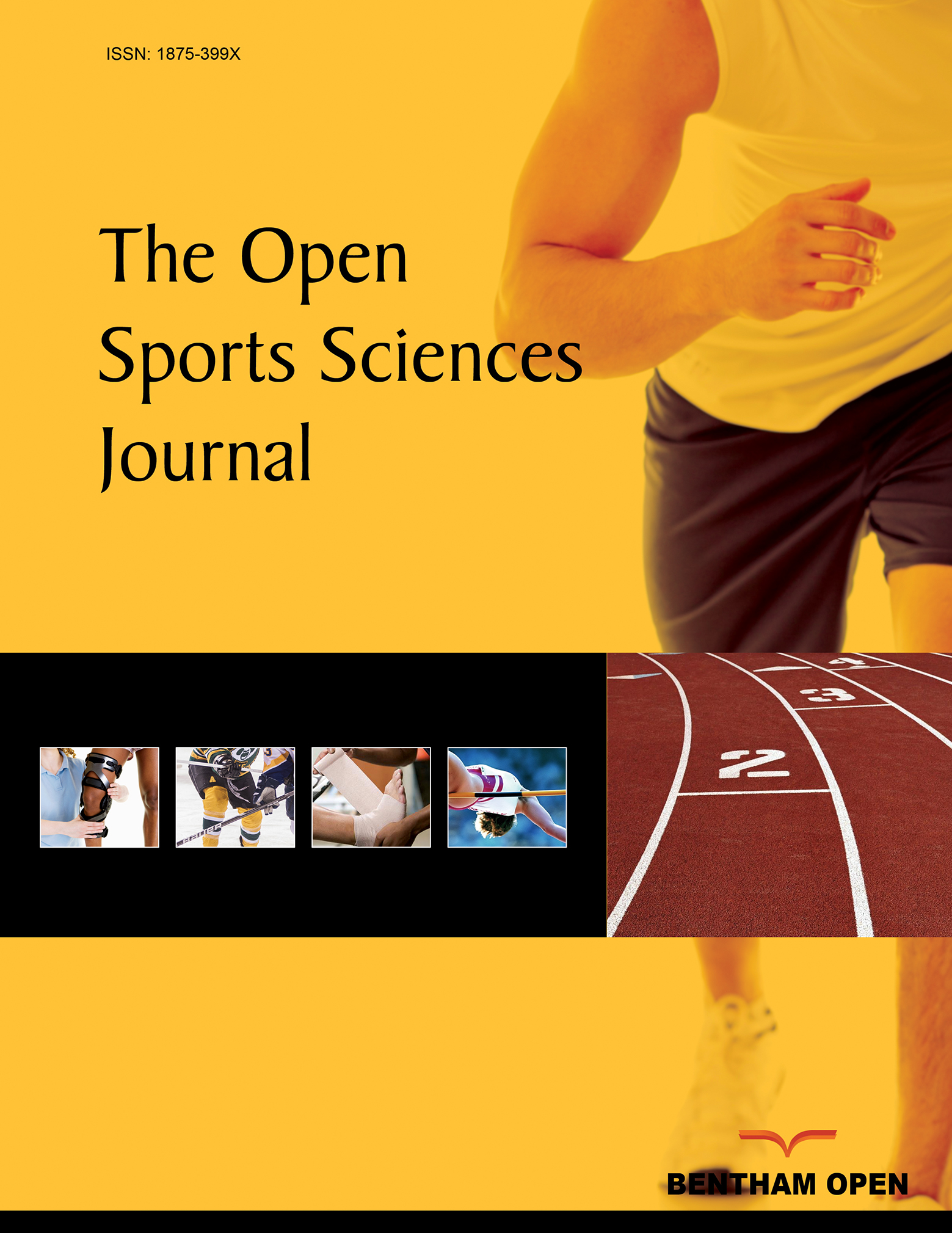All published articles of this journal are available on ScienceDirect.
Representativeness of Offensive Scenarios to Evaluate Perceptual- Cognitive Expertise of Soccer Players
Abstract
In soccer, players have to carry out fast and accurate decisions in a complex and variable environment. The purpose of the present study was to set representative attacking sequences trials for further use in the research of perceptual- cognitive skills for playing soccer. Elite Portuguese soccer coaches (n = 4, UEFA-A) were presented with separate test film sequences encompassing structured attacking soccer actions to determine the representativeness of the scenarios. In the experiment 41 offensive clips were viewed by the coaches. Each clip has approximately 5 s long with an inter-trial interval of 5 s. To help the participants to the viewing process, just before the start of each clip a small circle surrounding the ball it is shown on screen to indicate the area of its first appearance. The order of presentation of video clips was counterbalanced and randomly determined, during both moments of evaluation. In all testing film sequences watched the representativeness of an attacking soccer phase was significantly concordant among the observers (W = 1, p < 0.05). The reliability between observers was statistically consistent (α = 0.889). And the reproducibility of the results between both moments of evaluation was very high (Z = 0; p = 1). The entire footage could be used in research that required knowing the tactical awareness of soccer players.


